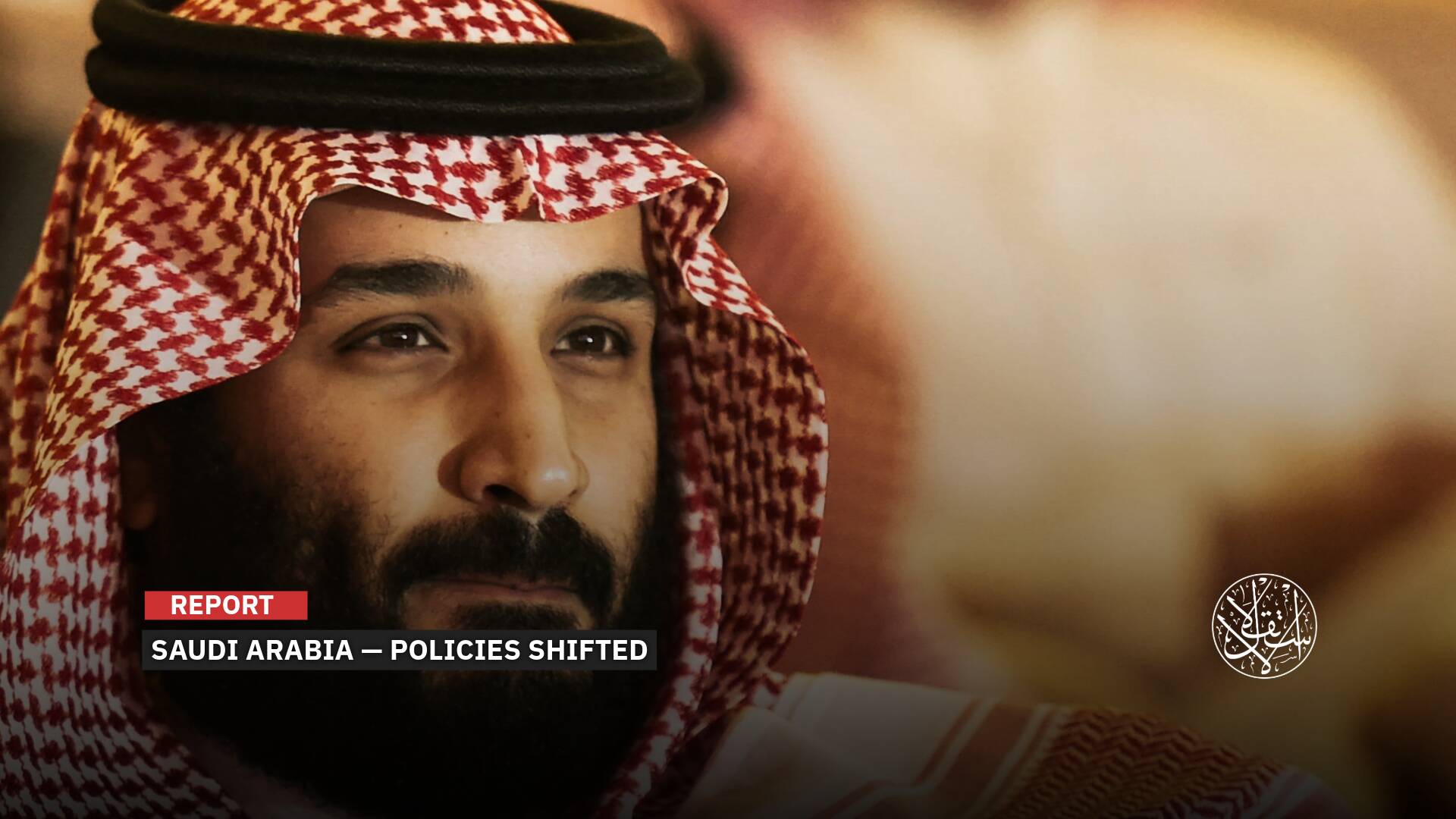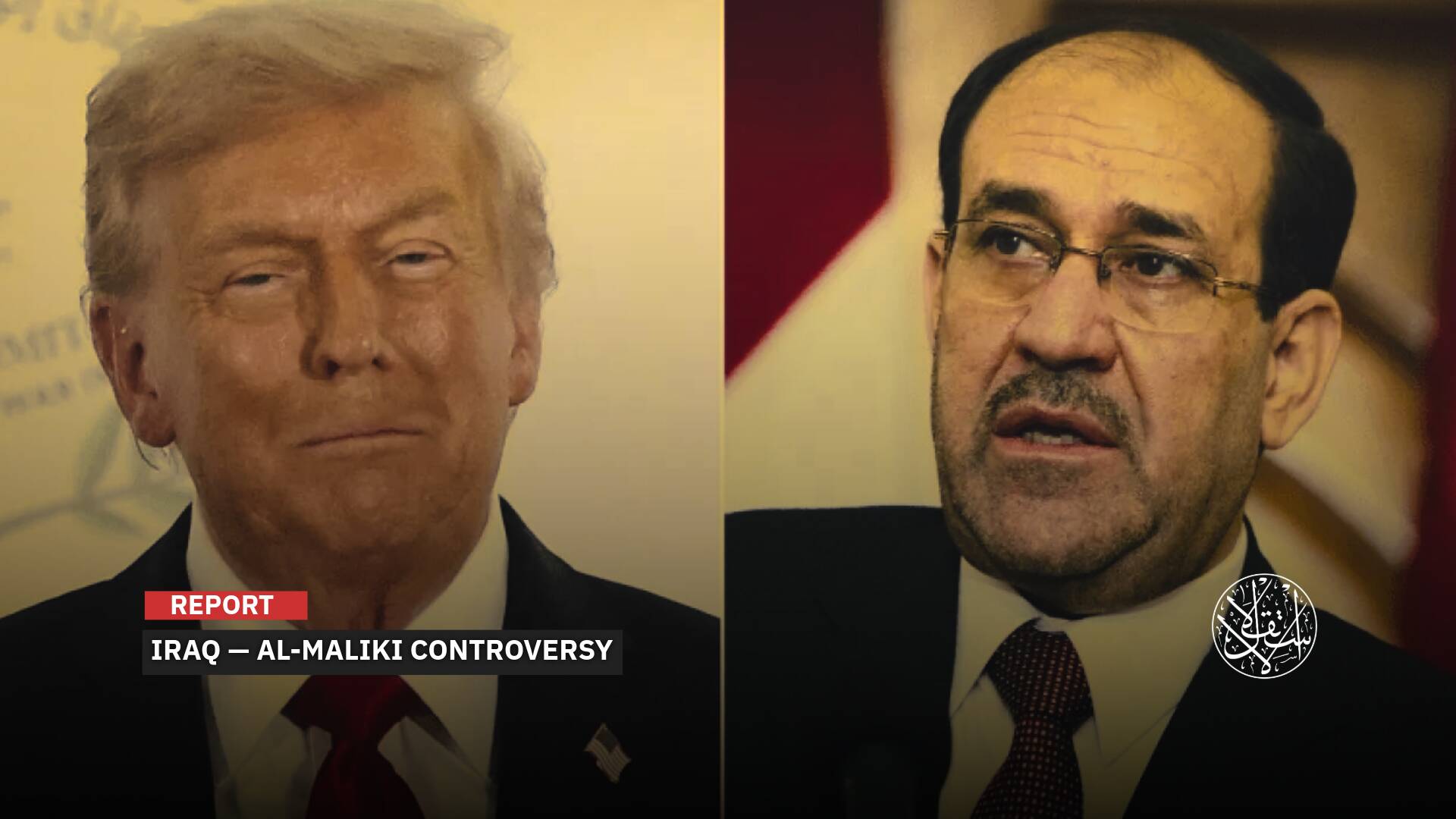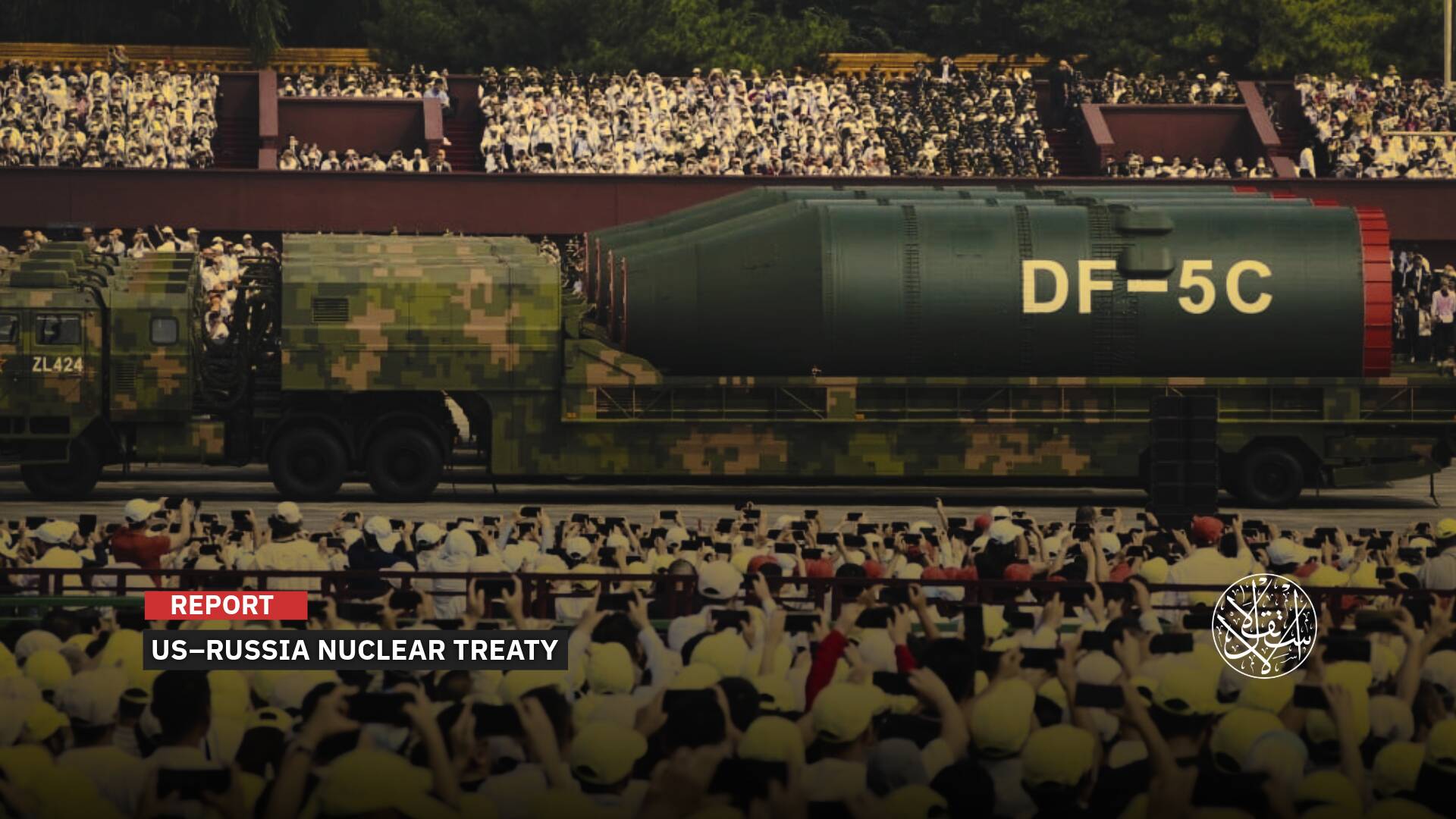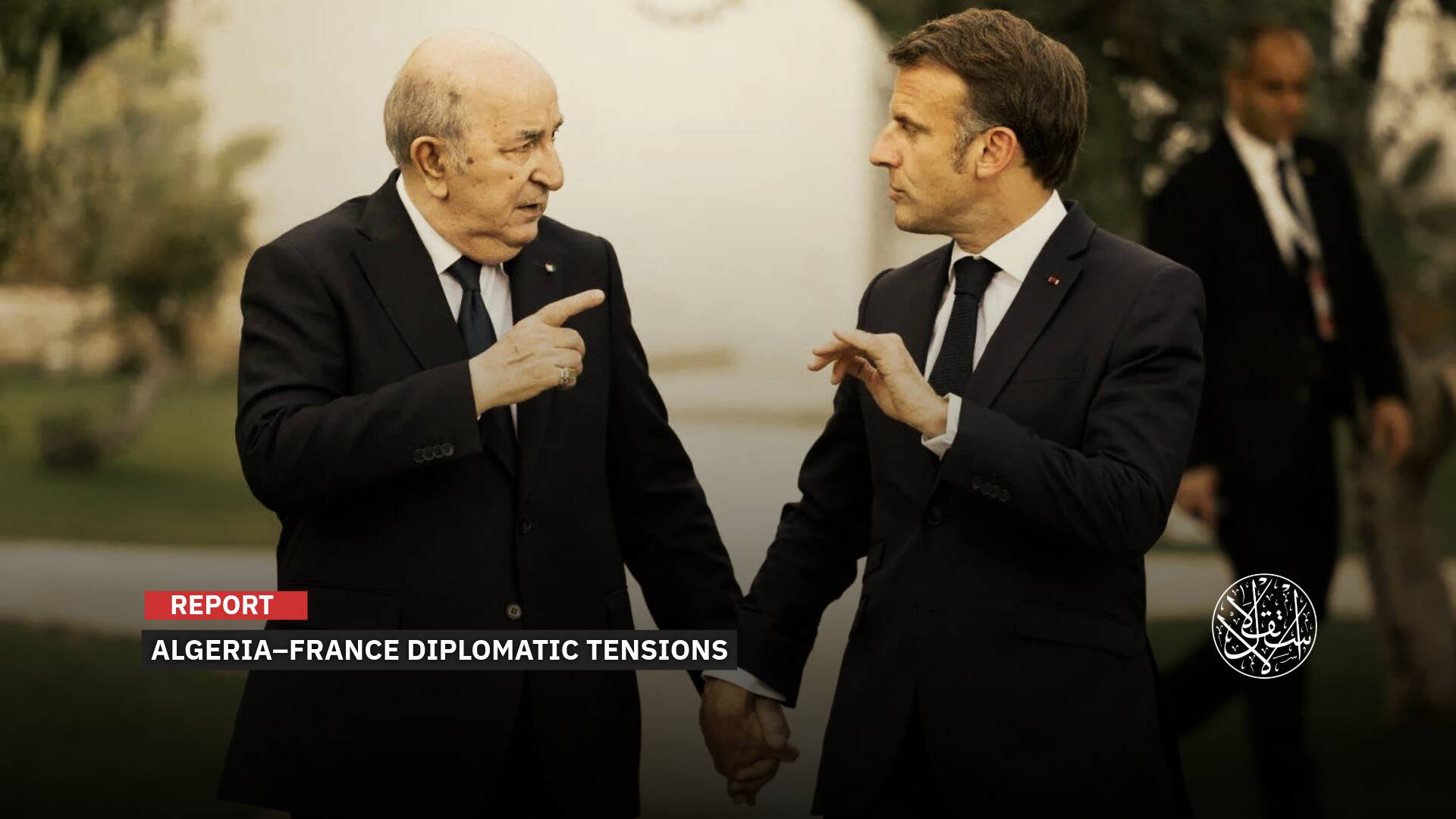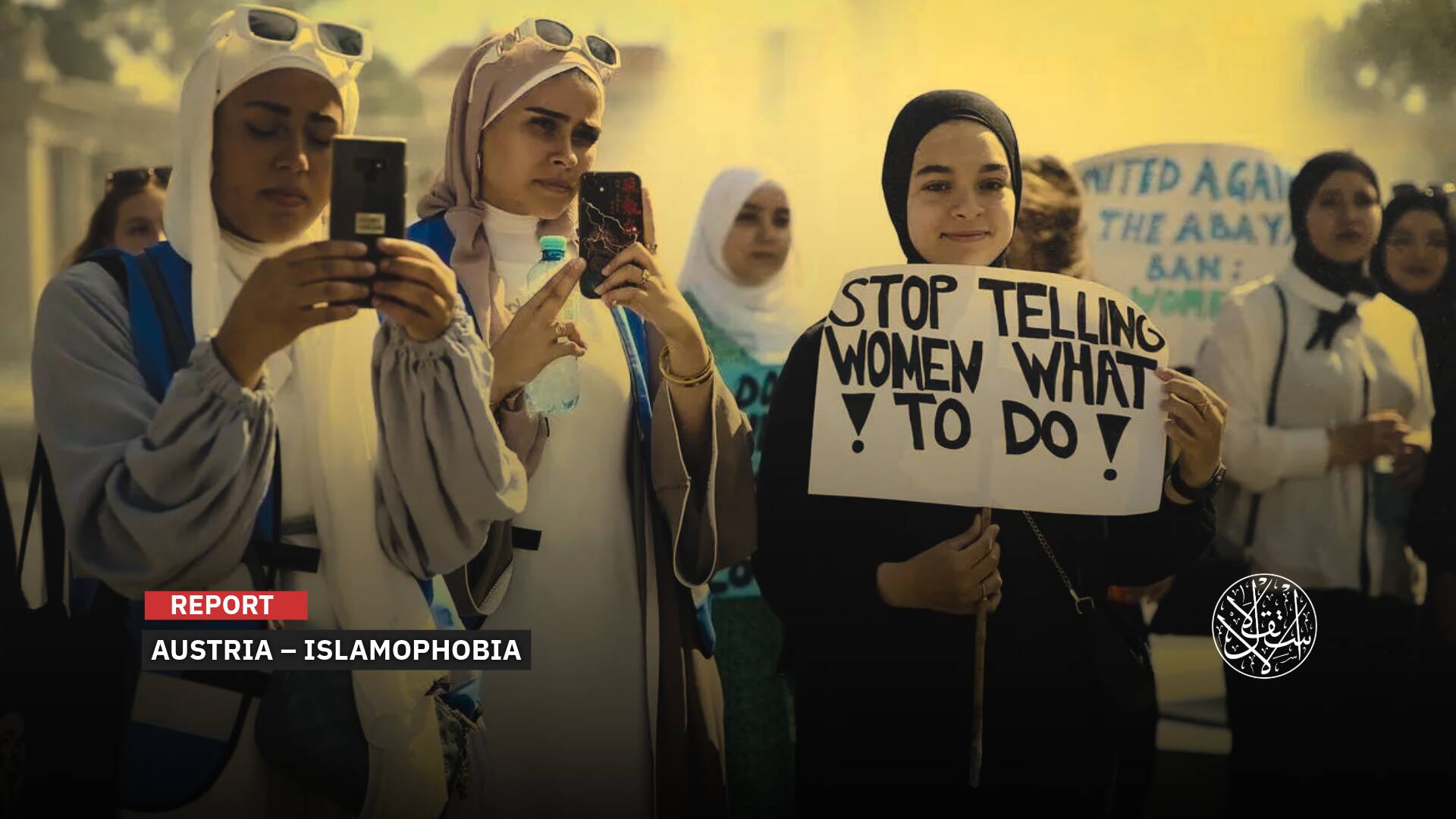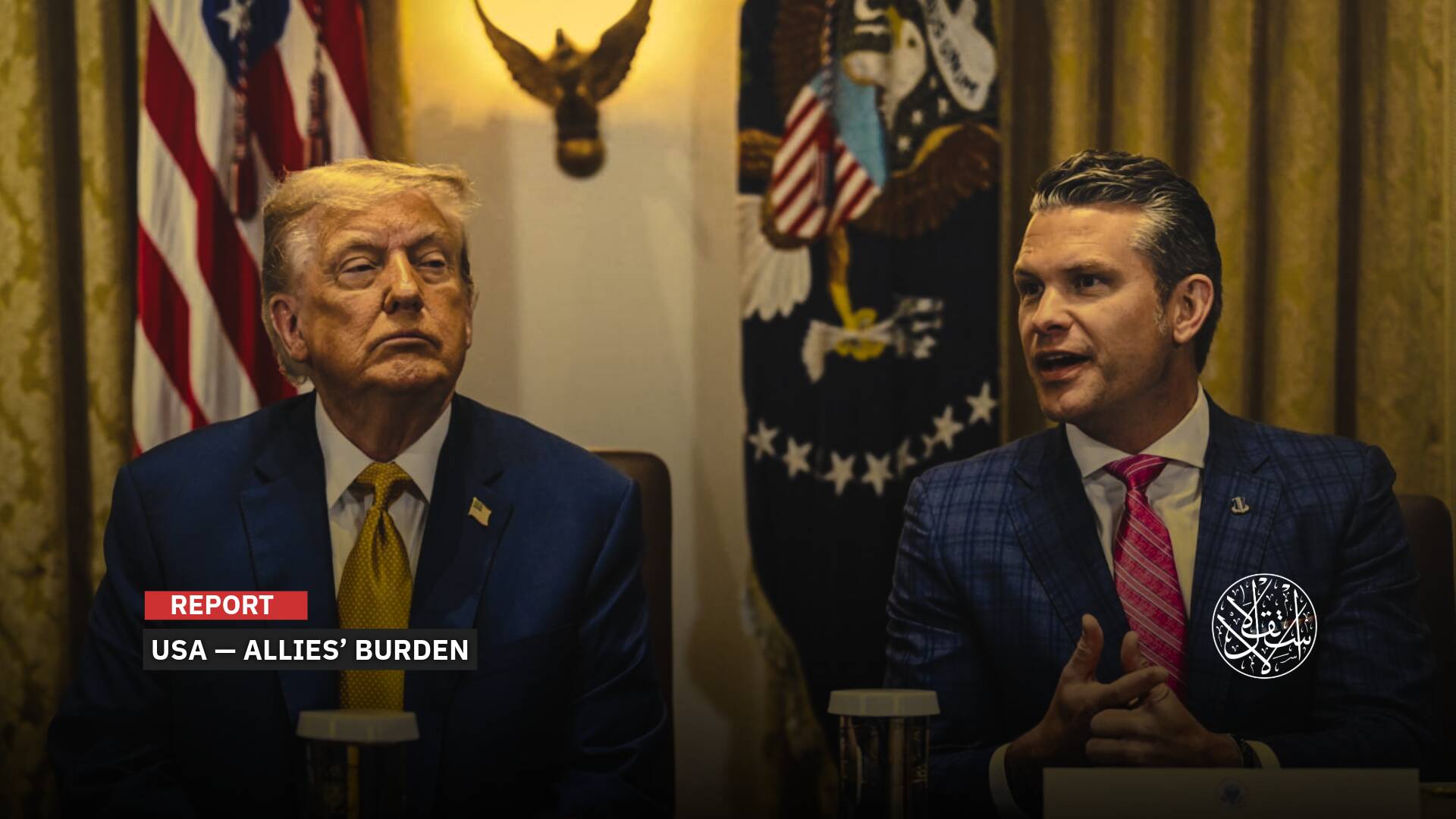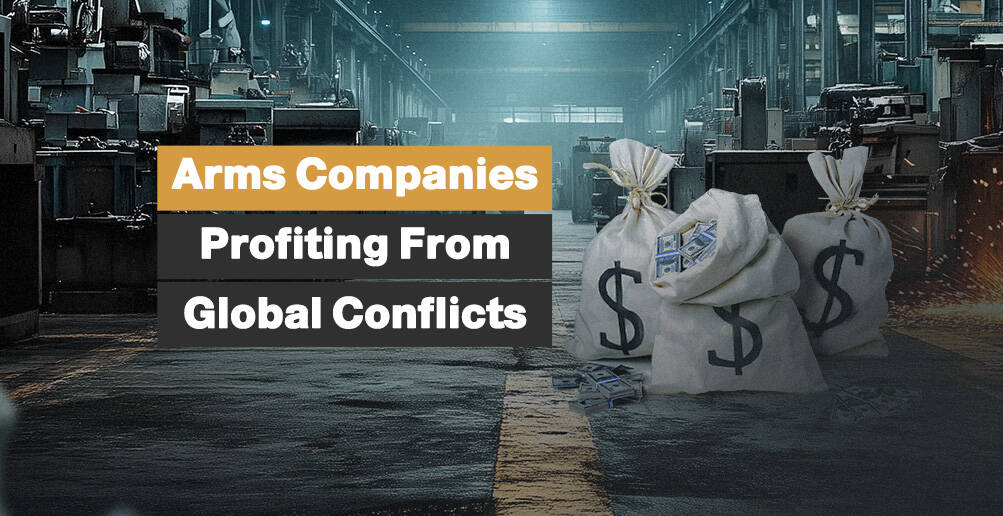Where Will the Winds of the Coup Blow in Africa Next?

Gabon’s military coup, which followed similar events in Mali, Burkina Faso, Chad, Sudan, and Niger, has sparked speculation about the emergence of an “African Spring” — a wave of popular uprisings against authoritarian regimes across the continent.
But are the recent coups in former French colonies really signs of a new democratic awakening, or just a fleeting phenomenon?
In most countries with democratic systems, any interference with the electoral process is considered a coup and met with condemnation.
But in Africa, coups have historically been seen as wars of independence from colonial powers or sometimes as popular rebellions against corrupt rulers.
And the fact that people celebrated the coups in the aforementioned African countries should be interpreted in light of this history.
For instance, Mamady Doumbouya, the leader of the coup in Mali, justified his action by saying that “if the people are oppressed by the elites, it is the duty of the army to give freedom to the people,” echoing the words of former Ghanaian President Jerry Rawlings.
On the other hand, Ibrahim Traore, who led the coup in Burkina Faso and who has become one of the most prominent figures in African politics lately, is praised and compared to the legendary leader Thomas Sankara, who also came to power by a coup. This shows how different the perceptions of coups are in some African countries.

Former Colonies
Former French colonies in Africa have been plagued by political instability and frequent coups d’état, accounting for nearly half of the 216 coup attempts on the continent since 1950. What explains this pattern of violence and upheaval in these countries?
One of the main factors is the legacy of French colonialism, which sought to maintain its influence and interests in the region even after granting formal independence.
France pursued a strategy of neo-colonialism, installing pro-French elites in power and suppressing the activities of other potential allies, such as the United States, China, or the Soviet Union.
France also shaped the institutions and bureaucracies of these countries to mirror its own, creating a dependency on French aid, trade, and military support.
However, this arrangement has come under increasing pressure in recent years as new actors have expanded their presence and influence in Africa, offering alternative sources of economic and political partnership.
Russia, China, and Turkiye have been especially active in challenging France’s dominance, providing arms, infrastructure, and diplomatic backing to various African governments and opposition groups.
These actors have also exploited the growing anti-French sentiment among many Africans, who resent France’s interference and exploitation of their natural resources.
The recent coup in Niger, which ousted President Bazoum, a close ally of France, is a case in point.
Bazoum had invited French troops, who were expelled from Mali by another coup earlier this year, to relocate to Niger to help fight Islamist militants.
This move provoked widespread anger among Nigerians, who accused Bazoum of being a puppet of France.
The coup leaders, who claimed to act in the name of democracy and sovereignty, received tacit support from Russia, which has been cultivating ties with Niger’s military and opposition parties.

No Deterrence
Another factor that contributes to the prevalence of coups in former French colonies is the lack of effective international response and deterrence.
Regional organizations such as ECOWAS and the African Union have condemned the coups and imposed economic sanctions, but these measures have not been enough to dissuade or reverse the coup plotters.
The international community has also been reluctant to intervene militarily or diplomatically, fearing further escalation or backlash.
Finally, the internal dynamics of these countries also play a role in facilitating coups.
Many of them suffer from poor governance, corruption, and injustice, which erode public trust and legitimacy.
The ruling elites often adopt a one-party system or a dominant-party system, which marginalizes and represses the opposition.
The military, which is often one of the few well-organized and well-funded institutions in these countries, becomes a powerful actor that can challenge or overthrow the civilian authorities.
These factors combine to create a vicious cycle of instability and violence in former French colonies in Africa, which undermines their development and democracy.
Breaking this cycle will require addressing the root causes of the problem, both internally and externally, and finding ways to foster more inclusive and accountable governance.

Coup Wave
The recent wave of coups in Africa has raised questions about the stability and prospects of democracy in the continent. A close examination of the coups reveals some patterns.
Most of them took place in former French colonies, where France still maintained a strong influence and sometimes intervened militarily to protect its interests. They also involved leaders who had been in power for decades, often extending their terms through constitutional amendments or dubious elections.
And most of them faced popular discontent and opposition challenges that threatened their legitimacy.
These leaders have managed to cling to power by using various tactics, such as co-opting or repressing the opposition, manipulating the judiciary and the electoral commission, controlling the media and the security forces, and relying on patronage networks and foreign support.

However, their grip on power is not unshakable, as they face growing discontent from their populations, especially the youth, who demand more democracy, accountability, and development. They also face pressure from regional and international actors, who call for more respect for human rights and the rule of law.
The recent coups have shown that these leaders are not immune to military interventions, which can be triggered by various factors, such as political crises, economic hardships, social unrest, ethnic divisions, external influences, or personal ambitions.
If any coup is to happen in the next months, the outcomes are not predictable, as they can lead to different scenarios, such as democratic transitions, civil wars, or authoritarian restorations.
The situation in some countries deserves special attention, as they could be the next targets of coups or face other forms of instability.
Among them are Togo and Cameroon, which are located in a volatile region where several coups have occurred recently.
Another is Senegal, which is widely regarded as a model of democracy in Africa, but which could face surprises in its upcoming election in 2024 due to the rivalry between President Macky Sall and opposition leader Ousmane Sonko.
Other countries to watch are Chad, which lost its president Idriss Deby on the battlefield in April 2021 and is now ruled by his son Mahamat Deby with the backing of France; and Ivory Coast, which is one of France’s main allies in Africa but which has experienced political violence and tensions over President Alassane Ouattara’s third term.


